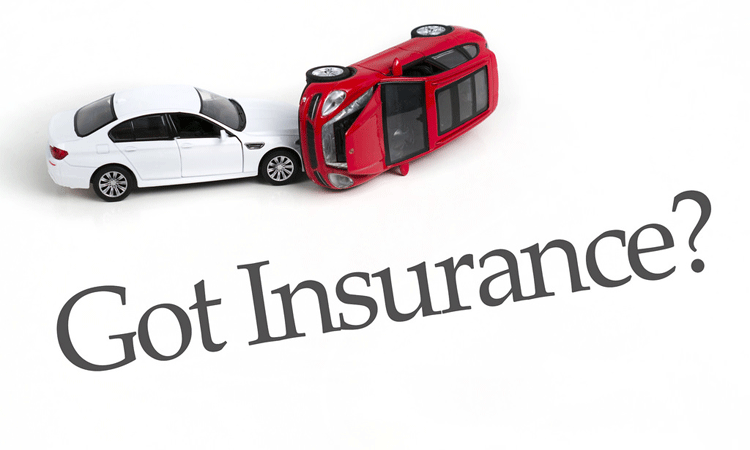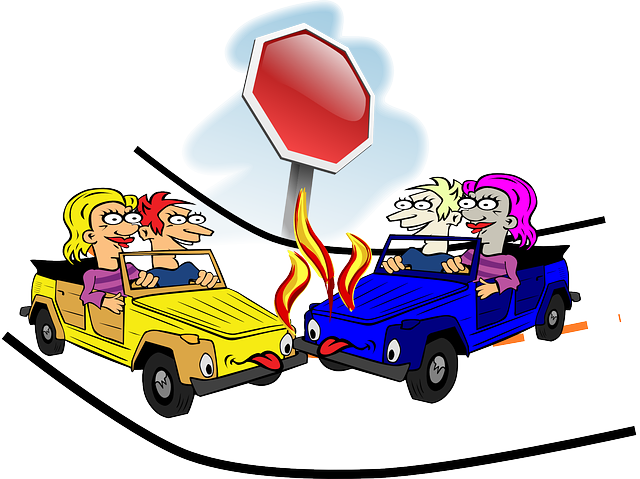Doing everything that you can to protect the value of your classic car is one of the most important things you should do as an owner. When it comes to purchasing insurance, there are so many terms, types, and options for you to pick from. Not only are there certain terms and minimums that you must meet to legally own and operate the car, but for a car of this type an exceptional amount of money can be put into upkeep and that investment needs to be protected.
Find below the seven terms about car insurance that every consumer should know before beginning shopping for the best contract:
-
An Insurance Deductible:
An insurance deductible is one of the first things that consumers consider when shopping for insurance because it is the out of pocket cost expected from them. A deductible will always be the amount you cover from the total damage costs that are incurred when a claim is made. Most deductibles are between $500 and $1000 and the difference between them depends on the total amount of coverage your plan will provide for, as well as what types of coverage you opt for. It is essential for owners to determine if they are going to be able to handle higher upfront costs to damage or if they want to pay a higher premium that can be spread out over several months.
-
An Insurance Premium:
The other cost factor of insurance is the premium, or amount you pay for the cost of insurance, and this is done on a regular basis. Paying your premium is basically the bill that is attached to your car insurance and must be paid on time and regularly in order to keep your insurance plan current. The cost of your premium is varied, and will depend on factors that the insurance company uses as related to their risk involved in insuring you, and then the options that you choose. The insurance premium also varies according to the type of car that is being insured because it will cost more to repair a classic or luxury car than an economy car.
-
Insurance Collision Coverage:
The collision coverage portion of insurance is meant to be the part of your plan that will replace or pay for the total overhaul of a new vehicle if you are in an accident that causes a total loss. There are several different reasons or factors that would call for the use of collision insurance and it is important to include in your coverage plan.
-
Comprehensive Coverage Insurance:
For all the many types of accidents and damage that can happen to your car, comprehensive coverage is there to pay for the damage. Everything that is not a moving vehicle accident can be included in this part of the overall coverage plan, including weather, theft, vandalism, and other unexpected incidents.
-
Two Types of Liability Coverage:
There are two different types of liability coverage that can and should be included on insurance plans. There are minimums that are required in most areas, but to protect yourself, you should add as much coverage as you can afford. Basically, liability is the part of your plan that will cover the costs of other individuals and any harm they have come to. Bodily injury liability covers medical costs and property damage liability covers the damage cost to the vehicle or other property that you might have done damage to. To minimize out of pocket expenses to you, include liability and pay to that portion of the plan from insurance to protect yourself.
-
Personal Injury Protection Coverage:
Personal injury protection coverage is the part of your plan that will cover your own medical expenses if you or your passengers are hurt in an accident. This is for your own protection and well being and it does not matter if the other driver has coverage or not, so this way you do not have to fight for costs to be covered. This is also a varied coverage amount and something that you can pay for more or less of when choosing your plan.
-
Occasional Driver Coverage:
Occasional driver coverage is an option that is entirely up to you and only necessary if there is someone that you allow to operate your vehicle. In order to ensure that the car will be covered, accidents will be paid for, and anyone injured is covered, and to protect you, this coverage should be added. Family members, friends, and other individuals that you allow to drive need to be added to your plan.
About Author:
Anand Rajendran is a freelance writer living in Chennai, India. His interest in personal finance and budgeting began when he was earning an MFA in theater, living in one of the most expensive cities in the country (Chennai, TN) on a student’s budget. Today, he writes for a number of websites and keeps up his own Classic Car Insurance company named Sysive in UK.



Be the first to comment on "7 Terms You Should Know Before Shopping for Car Insurance"